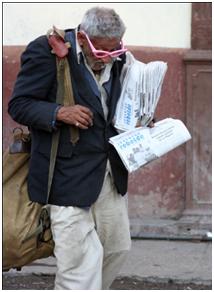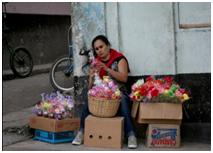 It is fair to acknowledge that foreign investment in Cuba brings benefits to the economy. But by itself it is not the solution for confronting the overwhelming problems.
It is fair to acknowledge that foreign investment in Cuba brings benefits to the economy. But by itself it is not the solution for confronting the overwhelming problems.
Law No. 77 was adopted in 1995 to provide security and guarantees to foreign investors, and from this to achieve economic recovery. So stated the Cuban Parliament, in the introduction of this statutory provision.
In it the National Assembly also said that through foreign investment Cuba could get (among other objectives) increased production efficiency, improved quality of products and services offered, and reduced costs.
Fifteen years after this law was passed, it’s worth asking: Did it enhance the welfare of the Cuban people? Which services was Parliament referring to — those received by foreigners or those offered to the general population? And regarding the latter, some comments.
Inadequate wages discourage citizens, mainly young people, from working with the State. How does the government solve the problem of labor abstinence, which forced it to increase the retirement age? By imposing four-year prison sentences for social dangerousness.
This leads to another problem, that of illegalities. The low purchasing power of thousands of families causes them to live outside the state regulations, in order to cope with the ongoing crisis.
What is the solution to this other conflict? The deployment of police operatives to catch those who are engaged in individual economic activity red-handed. Isn’t it easier to legalize the status of people who opt to live independently of state handouts?

Why doesn’t the Cuban government encourage profitable activities by citizens? Just as with foreign investment, the individual economic initiative of Cubans results in increased productivity, the creation of new jobs, etc..
In principle, one of the reasons underlying the exclusion of Cubans from national economic affairs was the social egalitarianism that socialism attempted but never attained.
To try to guarantee one right, others were violated. A supposed social equality justified the government acting contrary to constitutional dictates, and led to an institutionalized form of segregation, based on national origin.
Cuba needs a law of investment, not exclusion. In its 15-year existence, Law 77 has only brought economic apartheid. It is not fair that only the individual capital of foreigners has value in the Cuban economy.
Laritza Diversent
Translated by: Tomás A.

